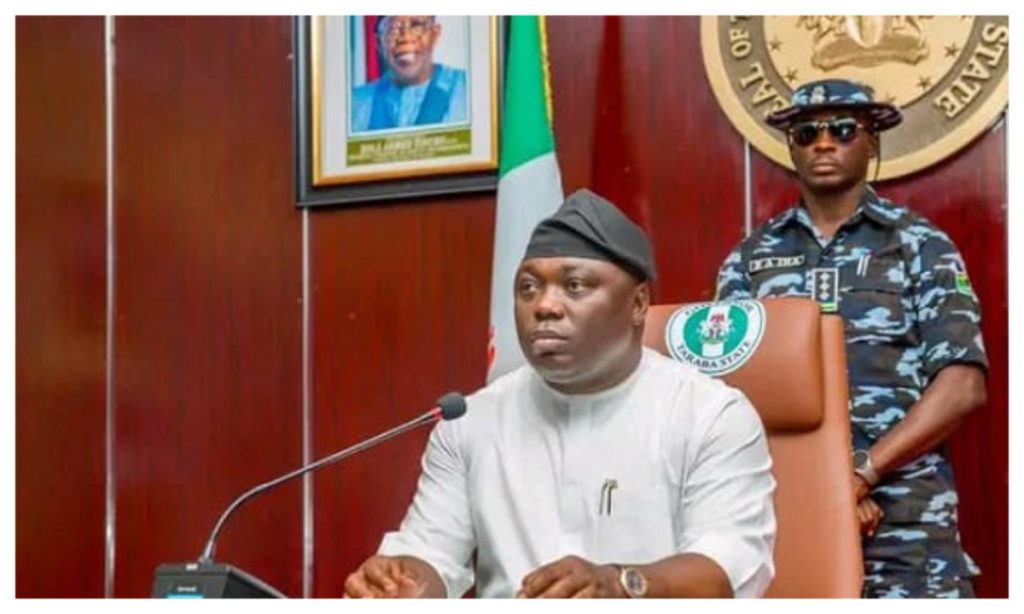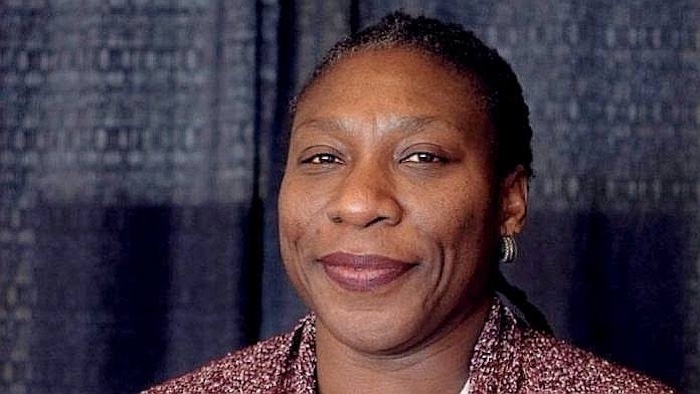Three years before Nigeria’s next general elections, a legal analyst has dismissed recent remarks by the country’s Federal Capital Territory (FCT) Minister, Nyesom Wike, as politically insignificant, citing widespread public demand for credible alternatives to current governance structures. Liborous Oshoma, a Lagos-based lawyer, argued during a televised appearance on Arise Television’s The Morning Show that Wike’s critiques of opposition efforts reflect the ruling party’s unease over potential challenges to its dominance.
Oshoma, known for his commentary on governance issues, suggested that Wike—a former governor and prominent figure in the opposition People’s Democratic Party (PDP) before joining President Bola Tinubu’s All Progressives Congress (APC) cabinet—had the political alignment shifted, might have aligned with emerging opposition coalitions. “If Wike were not part of this administration, he likely would have joined the coalition himself,” Oshoma said. “The ruling party’s attempt to downplay these groups only signals their concern about them.”
The remarks underscore growing political tensions as Nigeria grapples with economic instability, security challenges, and public disillusionment. Wike, appointed FCT minister in 2023 after defecting from the PDP, recently described opposition coalitions as unserious, urging citizens to disregard them. But Oshoma countered that such statements lack credibility, accusing the minister of inconsistency. “Some individuals have a history of shifting allegiances,” he said, implying Wike’s past political maneuvers weaken his critiques.
Analysts note that Nigeria’s opposition parties, including the PDP and smaller groups, have yet to consolidate a unified front ahead of 2027, though discussions about coalition-building have intensified. Oshoma’s comments highlight a broader sentiment among observers that voter appetite for change could reshape the political landscape, particularly if opposition forces present a coherent alternative.
The APC, which has held power since 2015, faces mounting scrutiny over inflation, unemployment, and infrastructure gaps. Wike’s role in the administration has drawn mixed reactions, with critics questioning the compatibility of his past opposition rhetoric with his current position. Oshoma’s critique also reflects wider debates about the influence of defectors in Nigerian politics, where party-switching has historically been common.
While Wike has not publicly responded to the lawyer’s statements, his supporters argue his governance record in Rivers State and efforts to redevelop Abuja lend weight to his perspectives. Nonetheless, Oshoma’s assertion that “Nigerians desire alternatives” aligns with recent polling suggesting dissatisfaction with mainstream parties.
As the 2027 elections approach, the viability of opposition alliances—and the APC’s ability to counter them—will likely dominate political discourse, with figures like Wike remaining central to debates about credibility and power dynamics.



